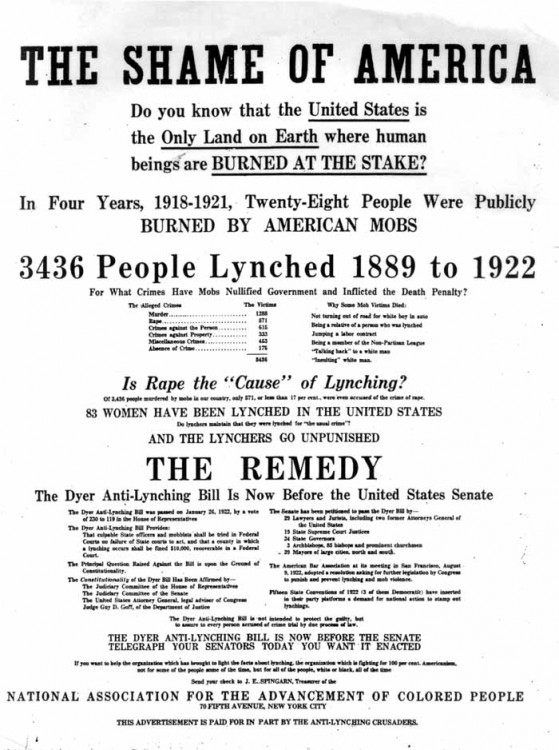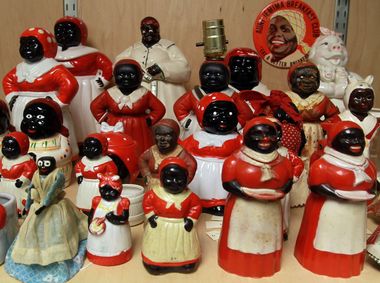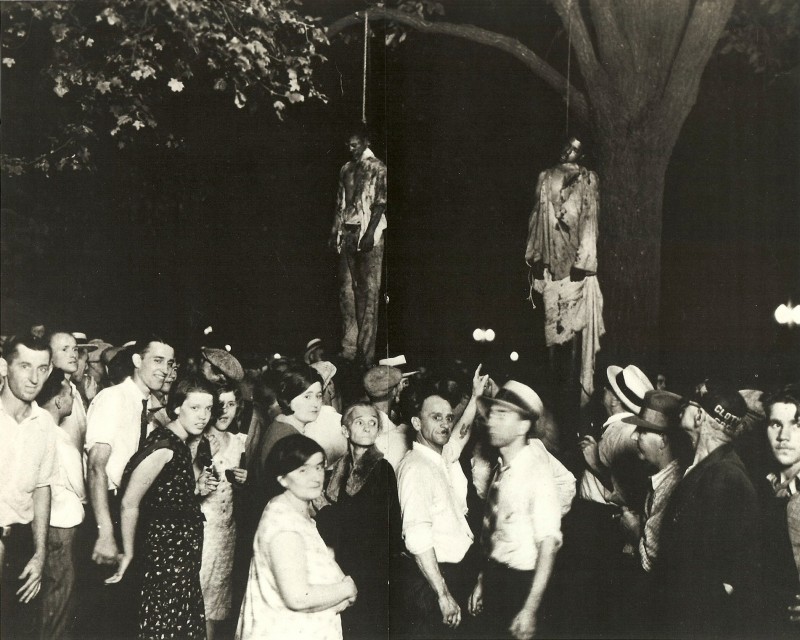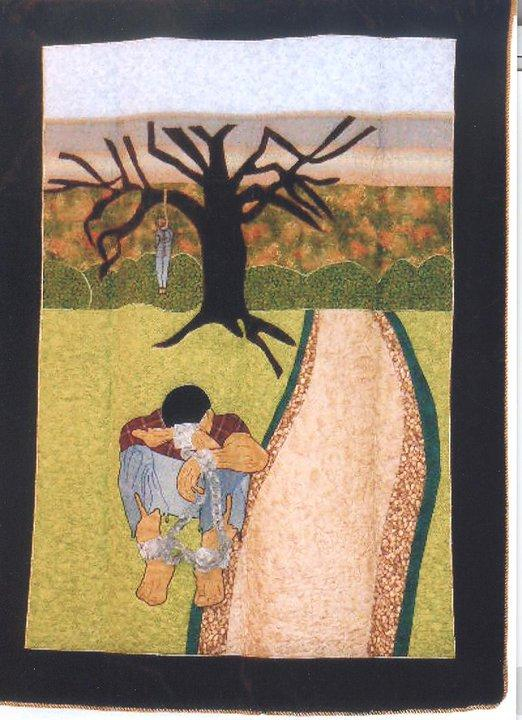Novelist Kiley Reid: ‘Consumption cannot fix racism’
Share
Explore Our Galleries
Breaking News!
Today's news and culture by Black and other reporters in the Black and mainstream media.
Ways to Support ABHM?
From Kiley Reid, The Guardian

When Arizona-raised novelist Kiley Reid, 37, debuted five years ago with Such a Fun Age, she attained the kind of commercial and critical success that can jinx a second book, even landing a spot on the 2020 Booker longlist. Instead, Come and Get It – which is published in paperback next month – fulfils the promise, pursuing some of the themes of that first work while also daring to be boldly different.
The story unfolds at the University of Arkansas, where wealth, class and race shape the yearnings and anxieties of a group of students and one equally flawed visiting professor. Reid, who has been teaching at the University of Michigan, is currently preparing to move to the Netherlands with her husband and young daughter. She is also on the judging panel for this year’s Booker prize.
What inspired Come and Get It?
I was teaching an undergraduate fiction writing workshop and was intrigued by my students. They were smart and bizarre and strange, and their voices got stuck in my head. Around that time, my husband gifted me a book called Paying for the Party: How College Maintains Inequality, written by two sociologists who lived on a university campus and tracked young women’s finances. I’m fascinated by money and began interviewing students about it, and that’s how the novel started.
Money also features powerfully in Such a Fun Age, even though that novel was discussed almost exclusively in terms of race, right?
Such a Fun Age came out on the last day of 2019, and the following summer George Floyd was murdered. I think a lot of black artists had to contend with the role of their work in the hands of people who believed that if they purchased black art they were solving a bit of racism. The truth is, to separate race from money is to miss the point entirely. The reason that the median income of black families is so low is due to slavery. I will continue to believe that consumption cannot fix racism, but in terms of what my books are doing, that’s always up to the reader.
Get the full story on The Guardian.
Read more Breaking News.









Comments Are Welcome
Note: We moderate submissions in order to create a space for meaningful dialogue, a space where museum visitors – adults and youth –– can exchange informed, thoughtful, and relevant comments that add value to our exhibits.
Racial slurs, personal attacks, obscenity, profanity, and SHOUTING do not meet the above standard. Such comments are posted in the exhibit Hateful Speech. Commercial promotions, impersonations, and incoherent comments likewise fail to meet our goals, so will not be posted. Submissions longer than 120 words will be shortened.
See our full Comments Policy here.